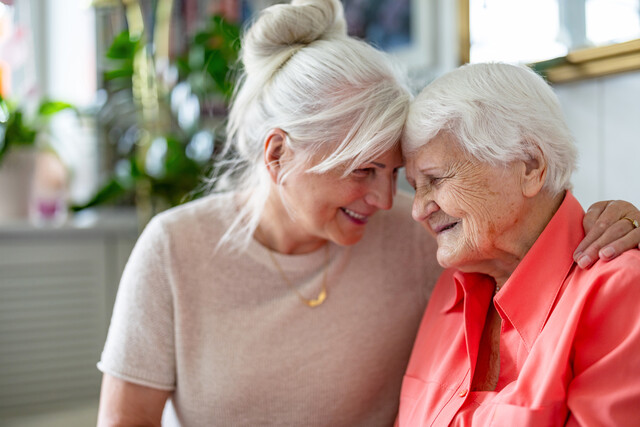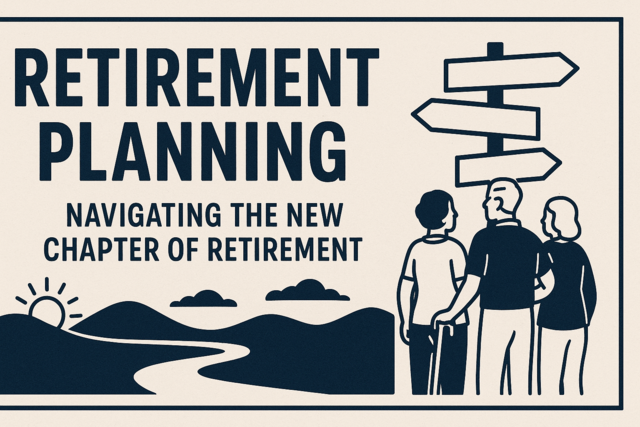Caring for Seniors
Empowering Compassionate Care for Every Generation

7 Hours average completion time
0.7 CEUs
15 Lessons
28 Exams & Assignments
235 Discussions
15 Videos
16 Reference Files
117 Articles
Mobile Friendly
Last Updated January 2026
The Comprehensive Course to Elderly Care at Home
The responsibility of caring for an elderly individual, regardless of your relation to them, is regarded as an honorable obligation in many societies. The needs of the elderly are diverse and can range from basic assistance in daily activities to intricate medical care. For those contemplating becoming caregivers, or bringing an elderly loved one into their homes, understanding the potential challenges and responsibilities is paramount.
Dynamics of Aging and Care
The post-World War II generation, often referred to as the baby boomers, born between 1946 and 1964, represents one of the largest aging demographics in U.S. history. By 2015, millions from this generation reached the age of 65, marking the beginning of an influx of seniors requiring varying levels of care.
Current economic challenges, rising healthcare expenses, and uncertainties about governmental support programs like Medicare, Medicaid, and Social Security have led to an increased preference among seniors to stay in familiar home environments instead of transitioning to retirement communities or nursing homes.
This shift means many families are now taking on the role of caregivers. While in some cultures this role is anticipated, it invariably introduces complexities, potential disagreements, and stress within the family dynamic.
Understanding Senior Challenges
21st-century seniors are notably well-informed about health and wellness, thanks to their status as the most educated generation of elderly citizens in U.S. history. This knowledge facilitates their ability to lead vibrant lives well into their later years. However, they also face unique challenges, including the psychological impact of ceding control over daily activities, the apprehension of becoming a burden, and the profound loss of autonomy.
Health conditions such as arthritis, diabetes, and dementia may lead to diminished participation in social activities, fostering feelings of loneliness, devaluation, and hopelessness.
Caregiver Challenges
Family members who assume the caregiver role often find it an overwhelming commitment. Juggling responsibilities between their immediate family, work, and the elderly loved one can be stress-inducing. Ensuring the senior's safety and wellbeing, both mentally and physically, requires significant patience, time, and effort.
Mental health concerns, like depression among caregivers, highlight the need for strong family support systems. The physical demands, financial implications, and emotional toll of caregiving can strain relationships within the family.
Furthermore, caregivers must navigate an elderly loved one's changing behaviors while also promoting social interactions as per their health conditions. As the care requirements intensify, seeking external professional assistance might become inevitable. Making such decisions necessitates thorough knowledge, family consensus, and adequate resources.
Contrasting with the early 1900s average lifespan of 47 years, advancements in healthcare, nutrition, and overall lifestyle have seen current generations living into their 70s, 80s, and beyond.
Preparation for Home-based Elder Care
Most families don't anticipate the financial or logistical challenges of elderly care. Preemptive discussions and planning with elderly loved ones are essential to understand their preferences and establish a care plan.
For those dealing with diagnoses like dementia or Alzheimer's, these conversations become even more crucial. Decisions around care, living arrangements, and financial considerations should be addressed promptly.
Conversations about elderly care can be emotionally charged but are necessary. Addressing these topics sooner can ease the transition and ensure a better quality of life for the elderly.
In conclusion, taking on the role of caregiver is both a significant responsibility and privilege. With the right resources, knowledge, and support, caregivers can provide their elderly loved ones with a dignified, comfortable, and fulfilling life during their golden years.
- Implementing structured care plans
- Emotional resilience under pressure
- Effective communication with elderly individuals
- Identifying signs of dementia and depression
- Managing caregiver stress and self-care
- Fostering senior independence and dignity
- Compassionate patient care and safety
- Proactive problem-solving in care routines
- Utilizing ergonomic techniques for safe caregiving
- Navigating challenging family dynamics
- Coordination with community and health services
-

Medical Terminology 201
-

Careers in Healthcare
-

Vegetarian Living: Discover the World Beyond Meat
-

ICD-10: Medical Coding
-

HIPAA Compliance 101
-

Become a Life Coach - Course Bundle
-

Caring for Patients with HIV/AIDS
-

Medical Terminology for Medical Coders
-

Comprehensive Medical Terminology 1 & 2
-

Understanding Concussions
-

Retirement Planning
-

Introduction to Abnormal Psychology
-

Medical Terminology 101
-

Sociology 101
-

End of Life Care
-

Medical Office Management
-

Lifetime Wellness 101
-

Medical Billing and Coding Course Bundle
-

Anatomy and Physiology 101
-

Nutrition 101